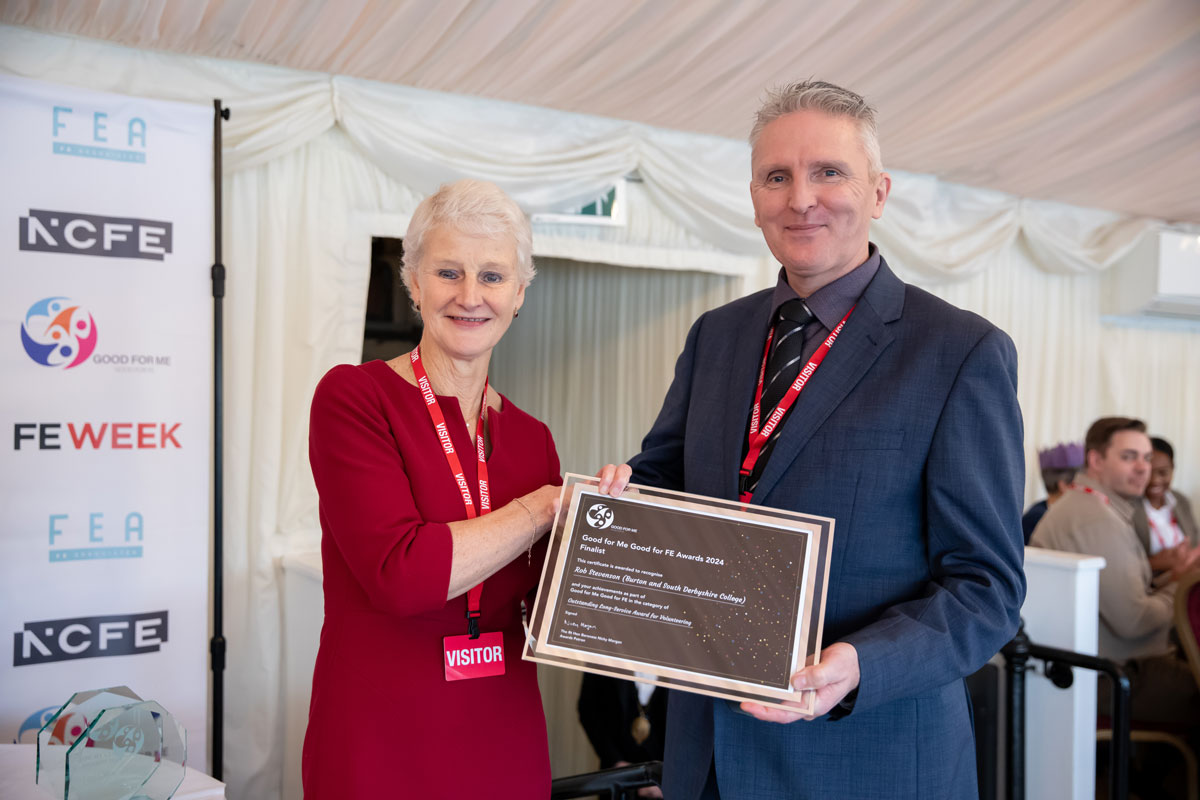Almost half of surveyed UK universities increased private partnerships in face of greater competition for international students

New research from Nous Group, Oxford International Education Group and Universities UK International highlights the opportunity for universities to better leverage private partnerships in post-pandemic recruitment.
The research shows universities in the UK increasingly rely on private providers, however confidence in providers remains a hurdle in forming and managing these partnerships.
The findings come from the Public meets private; The growth of education services in international student recruitment report, which captures the views of university leaders and private providers on how UK universities engage, evaluate and plan to use private providers in the future. The report was prepared by international management consultancy Nous Group, with funding provided by Oxford International Education Group and support by Universities UK International.
Of theUK universities the report surveyed, 47 per cent increased the use of private providers in their international student recruitment efforts during the COVID-19 pandemic. The institutions that responded account for about half of all international enrolments in the UK in the 2020/21 academic year.
Universities currently contract a wide range of international education services from private providers and “increased competition” for students was cited by 72 per cent of respondents as a key driver shaping their approach to using private providers. Sustainability, capability and capacity challenges were significant secondary drivers.
Nous Principal Matt Durnin, who wrote the report, said increased dependency on international student tuition fees together with heighted competition for students is pushing many universities to look to solutions from the private sector:
“International recruitment teams are increasingly pressed to deliver bigger results without corresponding investments in resources, which forces innovative thinking about the role the private sector can play.
“This trend was in motion before 2020, but the pandemic and a surge of venture capital into educational services in recent years have accelerated the development of private provider services.
“While most universities recognise the value in engaging private providers, satisfaction with different provider types is mixed and trust can be a hurdle.”
The report shows many larger, higher-ranking universities are hesitant to engage private providers (and are instead happy to trade on their brand) until the private sector has proved its value. Meanwhile, lower-ranked universities are reluctant to engage private providers because they lack sufficient resources to evaluate and navigate relations with the sector.
Mr Durnin continued; “The best outcome of greater cooperation with the private sector is that universities can exit some administrative functions and refocus resources and attention on their core mission. But achieving this will require strategic vision and investments in the knowledge and governance structures to make these partnerships productive and sustainable.”
Dr David Pilsbury, Chief Development Officer at Oxford International Education Group said:
“We are hearing loud and clear the sector’s desire to deliver lower cost, higher quality services and more sustainable student recruitment. Long-standing private sector partners like Oxford International have demonstrated that we can deliver sector-leading processes and outcomes, and this report highlights new and exciting opportunities for collaboration with partners that we are committed to embracing.”
Charley Robinson, Head of Global Mobility at Universities UK International, said:
“With the increase of education technology, private investment and innovation in the sphere of public-private partnerships, new opportunities are arising to address emerging challenges in recruiting internationally.
“Public-private partnerships can work to increase UK sector capability in the face of global competition – and rather than a bolt-on or extension to existing recruitment models, such partnerships may enable a wider appraisal of the implications for future strategy and operating models.
“Communication and co-ordination between senior management and international recruitment leads is key, and more transparency is needed from service providers to build trust and confidence.“
Find the report here.











Responses